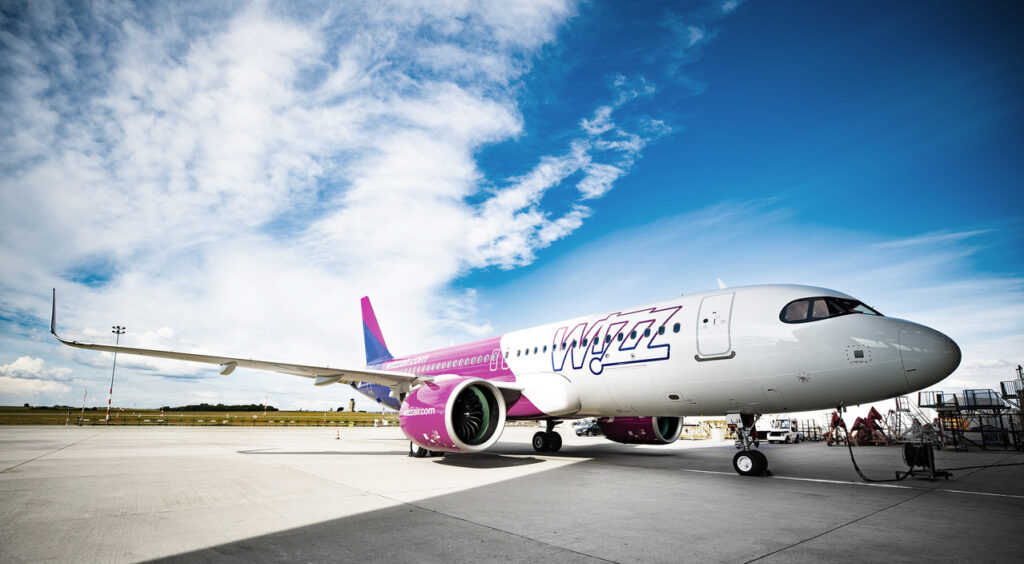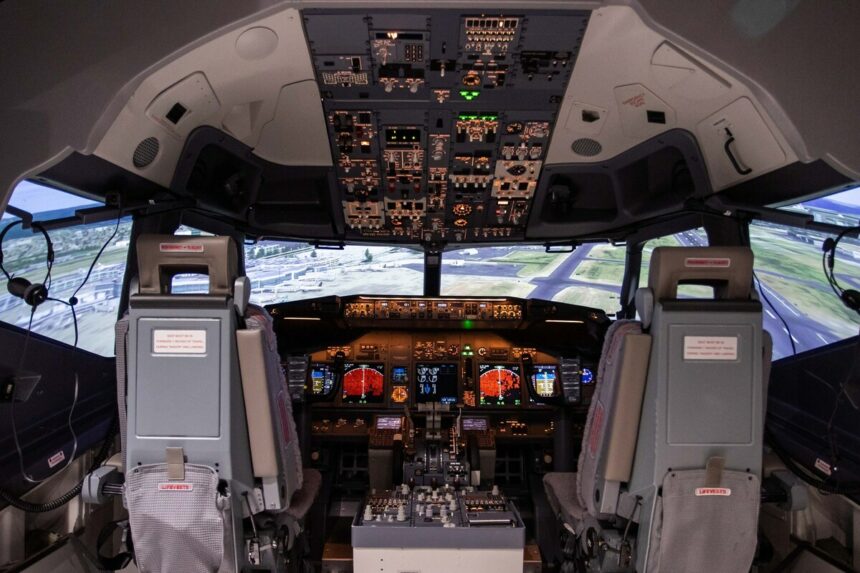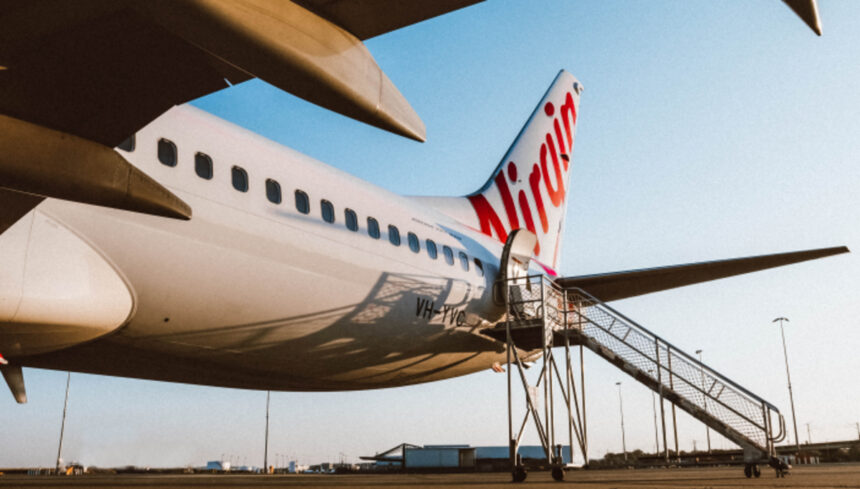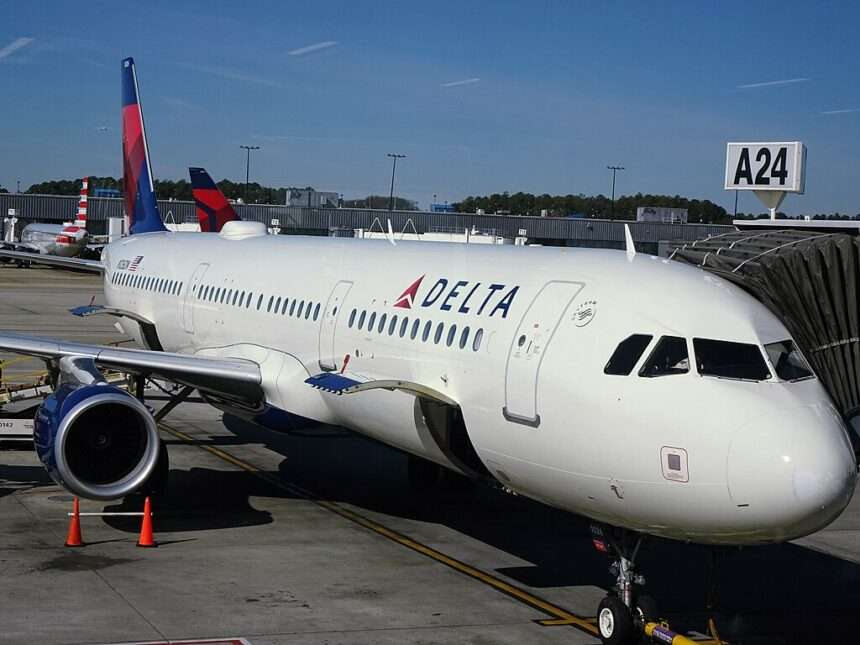This week, a Wizz Air commercial flight took off from Budapest Airport on a blend of sustainable aviation fuel (SAF) for the very first time.
MOL in partnership with Neste, Budapest Airport, RÜK (Airport Fuel Supply Kft.), and Wizz Air, marked the beginning of a commercially economical and viable testing sustainable aviation fuel (SAF) supply chain.
The project supports the effort of the Hungarian and European initiative in lowering the carbon emissions in the aviation industry. It also better positions Budapest Airport with the fuel supply system ahead of the EU SAF blending mandate, expected to be enforced in 2025.
Wizz Air’s green flight
On the 10th of May, Hungary’s low-cost carrier Wizz Air took off from Budapest Airport for the first time using a blend of Neste MY Sustainable Aviation Fuel™ supplied by MOL.
For the historic launch, the airline selected its three newest Airbus A321neo machines, which carried a total blend of 23.5 tonnes containing 37% pure SAF and 63% Jet A1 fuel.
The flight took guests from the Hungarian capital to Paris and other selected routes within the continent.
MOL: A well respected fuel supplier
MOL Group is one of Central and Eastern Europe’s most respected fuel suppliers and has been a reliable fuel supplier to Budapest Airport and Wizz Air, Europe’s fastest-growing and most sustainable airline globally.
[monsterinsights_popular_posts_inline]
Both the airport group and the airline have taken significant steps in reducing carbon dioxide emissions from their flights.
NESTE, a Finnish-based company that produces SAF, potentially reduces carbon emissions as impressive up to 80% of the fuel life cycle compared to using conventional jet fossil fuel, using a full blend SAF.
Csaba Zsótér, senior vice president of the MOL Group’s Downstream Fuels, said: “Our strategic goal is to kick-start the region’s circular economy and make our operations carbon neutral by 2050.”
“We are constantly testing new technologies and developing our products to strengthen the region’s security of supply with low-carbon fuels and accelerate the green transition. So far, we have mainly taken steps in road transport fuels.”
“At the Danube Refinery, for example, we have been co-processing vegetable oils and used cooking oils and animal fats with fossil components since 2021 to produce more sustainable diesel.”
“We are now moving into a new area, working with our partners to gain experience in aviation fuels to make aviation more sustainable. I am confident that the first SAF shipment, which is now being launched as a commercial test, will be followed by many more.”
Hungary: A ‘natural’ in renewable energy
Hungary is no stranger to an abundance of technology to produce such biomaterials. In the Danube Refinery, bio-based goods such as vegetable oils, and animal fats have been processed with conventional fossil components due to fuel production in order to create a greener and sustainable diesel since 2021.
This makes the Central European nation an attractive location to kickstart such green and carbon reduction initiatives.
Wizz Air: Daring to lead
The Hungarian low-cost carrier is an industry leader; having the lowest carbon emissions per passenger/km compared to all rival airlines.
To achieve this honour, the airline invested millions on its assets, especially replacing older aircraft with modern ones namely the Airbus A321neo aircraft.
The A321neo is equipped with the latest modern technology which significantly shaves off carbon emissions, including the ability to fly with up to 50% SAF blend, which is currently being done so right now.
Yvonne Moynihan, Corporate and ESG Officer at Wizz Air, stated with optimism and pride: “Today’s SAF test, which is ahead of the legislative mandates coming in 2025, demonstrates that industry collaboration is one of the most impactful ways to address the current climate challenge.”
“While Wizz Air is already leading in sustainability with one of the world’s youngest aircraft fleets and highly efficient operations, the SAF initiative at Budapest Airport is a testament to our broader strategy, with alternative fuels playing a significant role.”
Wizz Air, being one of Europe’s newer carriers never fails to live up to its reputation for being bold, dynamic, and adaptive.
CEO of Budapest Airport, Chris Dinsdale said: “Hundreds of thousands of litres of kerosene are consumed every day at Budapest Airport, and we would very much like to see an increasing proportion of sustainable aviation fuel being used to service flights as soon as possible.”
”The airport’s CEO furthered: “Budapest Airport is doing a lot to make the airport as sustainable as possible, and we have reduced our direct emissions from operations by 65% in ten years.”
“It is a key priority to achieve net zero emissions by 2035 at the latest, 15 years earlier than our previous commitment. However, in order to make the whole industry more sustainable and to further reduce emissions from aviation, the use of SAF is vital.”
SAF – A true game changer
SAF is a renewable aviation fuel, a simple blend, and mix but is capable of significant results. Neste MY Sustainable Aviation Fuel ™ is produced from sustainably sourced, 100% renewable waste and raw materials – for instance used cooking oil and animal waste fat.
With the European Union now leapfrogging many regions on adapting sustainable techniques, SAF is an important, if not a primary tool, in mitigating carbon emissions in the short run, enabling a smooth and cost-effective transition from the old era to the new.









